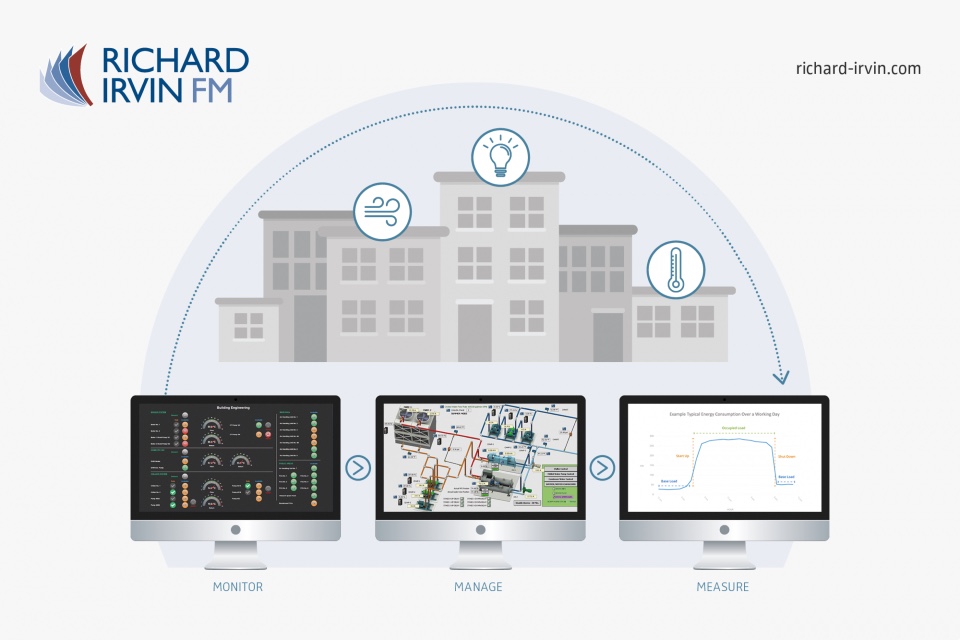Take back control of your energy – Here’s how
https://energymanagementsummit.co.uk/wp-content/uploads/2020/06/Onsite-Energy-Projects-June-11th.jpg 960 640 Guest Post Guest Post https://secure.gravatar.com/avatar/cb2a67f15cd7d053d8e638a1df3fd67f?s=96&d=mm&r=gBy David Kipling, CEO – OEP Group
The last few months will have caused many businesses sleepless nights… unprecedented and previously unthinkable energy prices, their knock-on impact into cost of commodities such as CO2, steel, building materials and even the raw ingredients for manufacturing. Hopefully this period will act as a wake-up call, the equivalent of a “health-scare”, that results in reappraising what we are doing, and metaphorically going to the gym and shedding those excess kilograms.
So how do we take back control ?
The lesson we should be taking is understanding what we are actually in control of, and what we aren’t. We aren’t in control of wholesale prices, or grid costs, or taxes, or carbon pricing. You can’t fix or hedge for the next 20 years. Even if you hedged before this crisis, so ducked this bullet, at some point you will face exposure to the market. Hopefully you are fortunate when you do, but do you really want to take that risk ?
What you DO have control over is your energy consumption, and onsite generation. The best course of action is to reduce consumption – invest in energy efficiency – and become more self-sufficient for your power needs by investing in low carbon and renewable generation. This way you minimise your exposure to the grid and volatile markets.
Boardrooms now accept that sustainability is a key driver to succeed in both short-term and long-term. With COP26, increased reporting of carbon performance, clearer road maps being set out by Government to net zero, and the third round of ESOS only 2 years away, there is going to be an even greater focus on action and making changes. There is also a recognition that acting now is the right thing to do to grow long-term shareholder value – morally, politically, legally and to address business risk.
For energy managers and professionals, there has never been a better opportunity to rise and shine. Board’s don’t know how to do what you do. YOU are now central to making your business a better company, and in doing so contributing to solving the climate crisis.
Innovation in energy technology has never been more active. With the advent of higher energy costs you can also add an even stronger economic argument to act. Projects that were previously dismissed due to long payback may now be viable.
Add to this that by the time ESOS reports are finished in 2023 it will be mandatory to enact the proposed measures, and the case is building for focusing on the matters within your control.
Capital is readily available to support investment in efficiency and onsite generation – either directly or through third parties such as OEP Group, to provide the investment “off-balance sheet”. There is no shortage of money. It’s a question of priority about where money is allocated. With the massive changes happening, the priorities are likely to switch to sustainability and to reducing business risk.
Take back control !
If you would like to discuss how to take back control of energy in your business, please contact David Kipling, CEO – OEP Group on 0151 271 0037 or email david@on-site.energy (www.on-site.energy).






 In the latest instalment of our energy management industry executive interview series we spoke to David Kipling (pictured, right), CEO at
In the latest instalment of our energy management industry executive interview series we spoke to David Kipling (pictured, right), CEO at 

